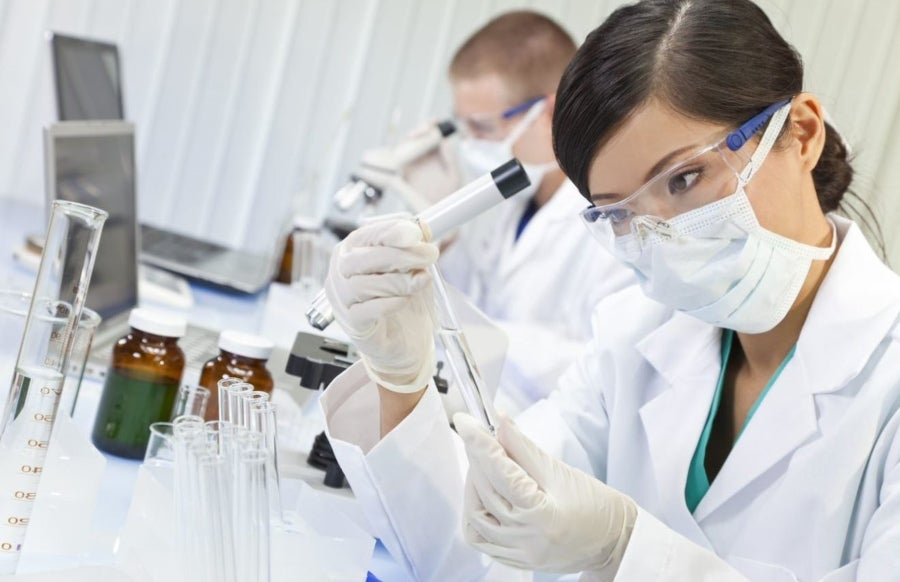Even as we practice social distancing on a global scale, can we look to safety in numbers when it comes to health commodity procurement? Some in the health financing world are thinking beyond the immediate COVID-19 pandemic to make sure lower- and middle-income countries don’t suffer a one-two punch. The world’s supply chains for health products are groaning under the stress, and disruptions in sourcing and distribution will disproportionately impact poorer countries. This situation is likely to worsen as huge COVID-19 emergency operations come on line.
Shortages in COVID-19 related products are likely, opening the door to criminals who peddle falsified and substandard health products. The initial risk is fraud and corruption in the provision of supplies to fast-tracked programs that respond to the pandemic. A second hit could be even bigger, with manufacturing disruptions and shipping lags creating a market for fake versions not just of coronavirus-related products but medicines and medical supplies of all kinds. In the scramble to procure health products, expect everything from fake face masks and do it yourself COVID-19 test kits, to a host of unproven remedies and unregulated medicines sold online. A perfect storm has already hit many countries in terms of preparedness. Now, what measured steps should be taken to ensure that public health procurement can avoid an “every nation for itself” approach as demand outstretches supply on a massive scale?
One key is to improve coordination among health development agencies that provide international financing and programs. In their work across dozens of less developed countries, they often receive criticism for creating parallel supply chains. But whether for HIV/AIDS, malaria, or a host of essential medicines and diagnostics, siloed programs have gotten good at delivering quality-assured health products to countries around the world. And it’s a long-term objective to help national health systems become more resilient through regulatory oversight and supply chain integrity. Could there, however, be merit in donor-created “pooled procurement” mechanisms for times of crisis? Could aid agencies help countries by offering a more quality-assured and price-sensitive platform for buying essential medicines and other supplies during the long months of COVID-19 response that we can expect?
The Pandemic Supply Chain Network, launched through the World Economic Forum, could help large agencies like UNICEF work toward basic protocols and advice for countries. The U.S. Agency for International Development as well as the Global Fund for HIV/AIDS, Tuberculosis, and Malaria also maintain large-scale procurement platforms. In fact, the Global Fund spent significant time and resources to create Wambo – the pooled procurement platform that it hoped would be tapped by countries and development agencies alike. Perhaps its time has come.
Many of the medical supplies that development programs rely on to save lives are manufactured in countries that are now coming under severe strain from the COVID-19 virus. Hence supply chain disruptions seem increasingly likely. Peter Sands, head of the Global Fund in Geneva, recently pointed out that economists didn’t do well in predicting the economic freefall that COVID-19 has brought. Public health experts, on the other hand, are very good at predicting disease spread and reacting to fill the health commodity pipeline. Now is the time to think beyond COVID-19 and anticipate the supply chain chaos that is likely to ensue if we fail to act now.
As countries struggle to understand and confront the coronavirus, none of us can afford that they lose ground in their ongoing battles against the diseases and health risks that we know well. And we can avoid making suffering worse by limiting the distribution of fake medicines and supplies. Timely access to quality-assured medicines is not a luxury that can wait until the COVID-19 storm blows over, nor is it something that will die down when the outbreak subsides. In this time of need, more than ever, health financing and development agencies need a coordinated approach to health commodity procurement. They should turn to the tried and tested tools that are in place to help save lives.



Join the Conversation